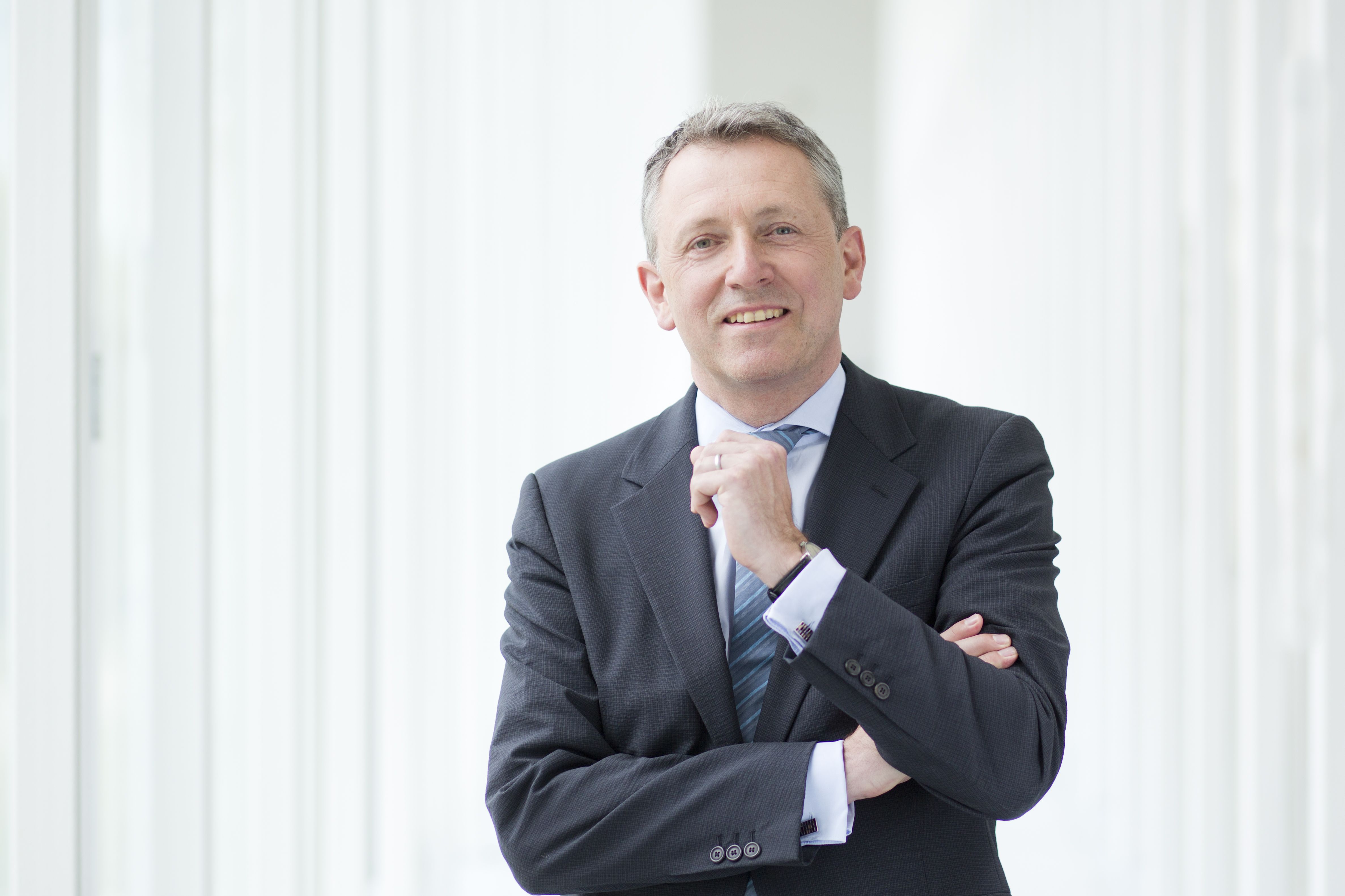Interview with the Lord Mayor of Mannheim, Dr Peter Kurz on the Urban Thinkers Campus and the ways in which cities deal with refugees
The Lord Mayor of Mannheim, Dr Peter Kurz, expects the Urban Thinkers Campus, to be held in Mannheim from 17 thru 19 February 2016, to provide answers for the integration of the refugees who will live in the city over the long term. “The real challenge of integration still lies before us,” says the SPD politician, whose city already houses 11,000 refugees.
Dr Kurz, how many refugees are currently living in the city?
Dr Peter Kurz: At the moment, there are about 11,000 refugees living in accommodation in Mannheim. The Square City is the site of a State Refugee Reception Center (LEA, Landeserstaufnahmestelle) and three Preliminary Reception Centers (BEA, Bedarfserstaufnahmeeinrichtungen) and is thus in a precarious situation. I estimate that together with the refugees who have already been given “tolerated” status there will be 13,250 refugees living here.
How are these refugees housed?
KURZ: Accommodating such a large number of refugees is possible only because there are several barracks formerly used by the US Armed Forces that we’ve been able to requisition. Refugees who have a right of residence are assigned to apartments on a decentralized basis. Housing refugees already poses the greatest challenge for municipal resources everywhere – financially, logistically, and socially. The communities must be given the necessary financial and organizational means to provide humane accommodation for the refugees.
How are relations between the individual groups of refugees in the city?
KURZ: That’s an aspect that’s becoming increasingly difficult, which is no surprise when as many as 9,000 people are housed in one barracks. And especially in the light of the recent events in Cologne and Hamburg and of our own local experience, one thing is particularly clear: there must be no doubt regarding our capacity and our will to see that our legal standards are observed. What’s more, we must also remain capable of drawing consequences from the viewpoint of the laws for foreign nationals in individual cases and above all to implement them.
How are relations between the citizens of Mannheim and the refugees in the city?
KURZ: Mannheim has a traditional history of being shaped by immigration. In the past seven years, some 9,200 people have migrated here from Romania and Bulgaria. People from 170 different countries live here. Tolerance and peaceful coexistence are hallmarks of the social climate in the city. We take a firm and robust stance against intolerance and xenophobia. As a city, we already worked closely with the various religious communities on a resolution on tolerance and respect, our so-called Mannheim Declaration, which was passed in 2009. Now we wish to expand this declaration further still. The readiness of the people of Mannheim to help is still immense, even though we too have noticed that the mood here is changing in the light of the incidents in Cologne, Hamburg, and Stuttgart at the turn of the year.
What can cities do to master the refugee crisis?
KURZ: Mannheim possesses considerable experience in the integration of immigrants. All the same – the current wave of refugees is setting us an unprecedented challenge of historic proportions. The precondition for success is that the influx of refugees drops swiftly and considerably in the course of this year. The basic conditions are defined by the international, European, and national policy-makers. The causes of flight must be effectively and immediately combated, and state order in the countries of the Middle East must be restored. In addition, the reception and distribution of refugees in the EU must be better regulated and the external borders better protected. What counts here is the preservation of our statehood and our rule of law. If immigration continues in the present dimensions, it will become increasingly difficult to protect individual rights and at the same time communicate our basic values.
The city of Mannheim will be hosting an “Urban Thinkers Campus” from 17 thru 19 February in cooperation with the UN-Habitat’s World Urban Campaign. Why is Mannheim taking part in this process?
KURZ: Mannheim sees itself as a global and international metropolis. We are actively involved in the Eurocities concept and have recently been awarded the title of “UNESCO City of Music”. We’re also to become part of the international Parliament of Mayors. We see our involvement in the international debate on the future or urban life as an integral part of our process of modernization. The fact that we are the only German city and one of seven cities throughout Europe to be taking part in this programme in the context of a partnership with the World Urban Campaign of the UN-Habitat initiative, the programme run by the United Nations for the future development of human settlements, shows that we’re also internationally recognized as a city that thinks and lives the future.
What will happen at this Urban Thinkers Campus?
KURZ: We’re expecting to welcome about 450 visitors to this congress in Mannheim, and are looking forward to playing host to some of the most important urban planners of our time. Keynote speakers will include Benjamin Barber, formerly an advisor to the Ex-President of the United States, Bill Clinton; Charles Landry, a leading urban planner and inventor of the “Creative Cities” concept; and Ana Lisa Boni, Secretary General of EUROCITIES. As a measure to ensure that the refugees are not only the subject of the discussions but instead also actively shape them, we’ve also planned a refugee parliament that will actively participate in tackling the current migration issues and concepts for the future.
What will happen with the results of the Urban Thinkers Campus in Mannheim?
KURZ: The Mannheim Urban Thinkers Campus plays a particularly important role, since it will be the last stage along the path to Quito/Ecuador, where the “New Urban Agenda” of the United Nations will be passed in October 2016. This New Urban Agenda will serve as a political guideline for the development of urban settlements over the coming twenty years. All campuses deal with today’s and the future’s challenges for urban life, developing solution models that can be globally translated to other cities. They pursue the question of what “the city we need” should look like. Among other things, Mannheim will be contributing its experiences with migration and the integration of refugees.
What results do you expect?
KURZ: The real challenge still lies before us. A large proportion of today’s refugees will be the fellow citizens of tomorrow. The success of the processes to integrate these people will have a decisive impact on the social and economic future of our cities. We must encounter these people at eye level – with an open mind and not fraught with fear and suspicion. The many discussions, some of which were highly emotional, that have taken place over recent months have already yielded results – for example, the realization that our efforts over the past decades have not fully succeeded in opening the way for immigrants into society, enabling them to climb the social ladder – and that now we must finally change our approach. The realization that we must put our basic values back in the centre of the communication process, that we are an immigration country and that the people who want to live and work here must be given legal perspectives for immigration, that we must take on more international responsibility to create more just social conditions in the countries of the refugees’ origin.
What conclusions can be drawn?
KURZ: We must immediately start to integrate people with prospects of permanent residence, especially by measures for language acquisition, integration into the job market, and access to education opportunities – but also by curtailing benefits from the social security system when there are no prospects on the job market.
Has Mannheim already made any efforts in this regard?
KURZ: We here in Mannheim are well equipped for the challenges of integration. The many years of integration activities and experience will pay off. Fifteen months ago, for example, we presented our own development plan for education and integration, because we’re fully aware that the integration of immigrants without a successful education will fail, and their path to participation and a sense of belonging to society will be thwarted. In a city in which almost 60 percent of the under-eighteen-year-olds come from immigrated families, the progress we’ve made in halving the need for language support and the number of early school leavers is evidence of the direct success of our integration efforts.
Do you fear that the conflicts originating from the refugees’ countries of origin will continue to be fought out here?
KURZ: As a measure to prevent this problem from arising, we’ll be extending our Mannheim Declaration in the spirit of openness, tolerance, and mutual understanding. What is called for now is that everyone speaks out against discrimination and exclusion due to gender, age, disability, or sexual orientation. We intend to pass this declaration in February, in other words in connection with the Urban Thinkers Campus. This is exactly what is repeatedly called for in talk shows: a shared commitment to values and rules on how we interact with each other. The declaration can also be taken as a basis for the communication of rules by people with an immigrant background to new immigrants. Conflicts in countries of origin cannot be allowed to jeopardize the peaceful coexistence in our city. Our maxim is not multiculturalism, but rather coexistence in mutual acknowledgment of differences on the basis of common, shared values.
Personal data: Dr Peter Kurz (53) has been Lord Mayor of Mannheim since 2007. In 2015 he was re-elected for a second eight-year period of office as Lord Mayor. Before taking up this office, from 1994 on he was chairman of the SPD faction of the city council, and was appointed Mayor for Education, Cultural Affairs, and Sport in Mannheim in 1999.
Media Contact
Dr Stephan Wolf
Stadtmarketing Mannheim GmbH
+49 (0) 621 / 15667322
+49 (0) 160 / 90923822
s.wolf@stadtmarketing-mannheim.de
E 4, 6 | D-68159 Mannheim, Germany
Urban Thinkers Campus, Mannheim
The Urban Thinkers Campuses are based on an initiative of the UN-Habitat programme. UN-Habitat pursues the aim of promoting sustainable urban development. The Urban Thinkers Campuses serve as open venues for the innovative exchange of ideas and experiences among urban actors, providing input for ongoing social development. The Urban Thinkers Campus in Mannheim to take place from 17 thru 19 February 2016 is sponsored by the companies BASF, Fuchs Petrolub, the Federal Ministry for Economic Cooperation and Development, and the “Communities in One World” Service Agency.

Recent Posts
- Experts internationaux et nationaux,(Conakry, Guinée et à domicile), DATE DE CLOTURE: 30 juin 2019
- Call for Expressions of Interest to Host the Global Water Operators’ Partnerships Alliance Secretariat
- EoI – URBAN PATHWAYS – Supporting Low Carbon Plans for Urban Basic Services in the context of the New Urban Agenda
- Sierra Leone hosts stakeholders meeting on New Urban Agenda and WUF 10
- Declaration of the First Global Stakeholder Forum of the First UN Habitat Assembly
Archives
- June 2019
- May 2019
- April 2019
- March 2019
- February 2019
- January 2019
- December 2018
- November 2018
- October 2018
- September 2018
- August 2018
- July 2018
- June 2018
- May 2018
- April 2018
- March 2018
- February 2018
- January 2018
- December 2017
- November 2017
- October 2017
- September 2017
- August 2017
- July 2017
- June 2017
- May 2017
- April 2017
- March 2017
- February 2017
- January 2017
- December 2016
- November 2016
- October 2016
- September 2016
- August 2016
- July 2016
- June 2016
- May 2016
- April 2016
- March 2016
- February 2016
- January 2016
- December 2015
- September 2015
- April 2014
- December 2012
- March 2012

